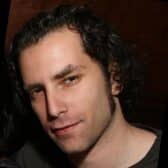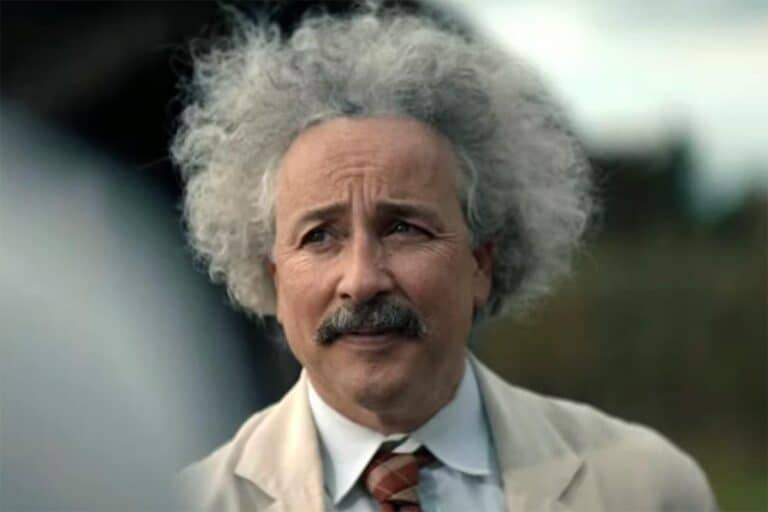
There is a chilling scene in Netflix’s “Einstein and The Bomb” where legendary scientist Albert Einstein (Aidan McArdle) sees a picture of himself in a publication and reads the caption below: “Not Yet Hanged.”
Einstein, likely the most famous Jew in all of history, fled Germany for his safety and there was a bounty on his head.
The film blends documentary and drama, with approximately 80% re-enactments and 20% actual footage of Einstein. The inclusion of speeches made by Adolf Hitler, propaganda minister Joseph Goebbels and newsreels from the time lends a more dramatic feel to the film.
The film aims to present an authentic portrayal of Einstein, with everything he says in the film derived from his actual spoken or written words. Here are key Jewish moments depicted in the film and the real history behind them.
Einstein faced antisemitism at an event where his theory of relativity was denounced.
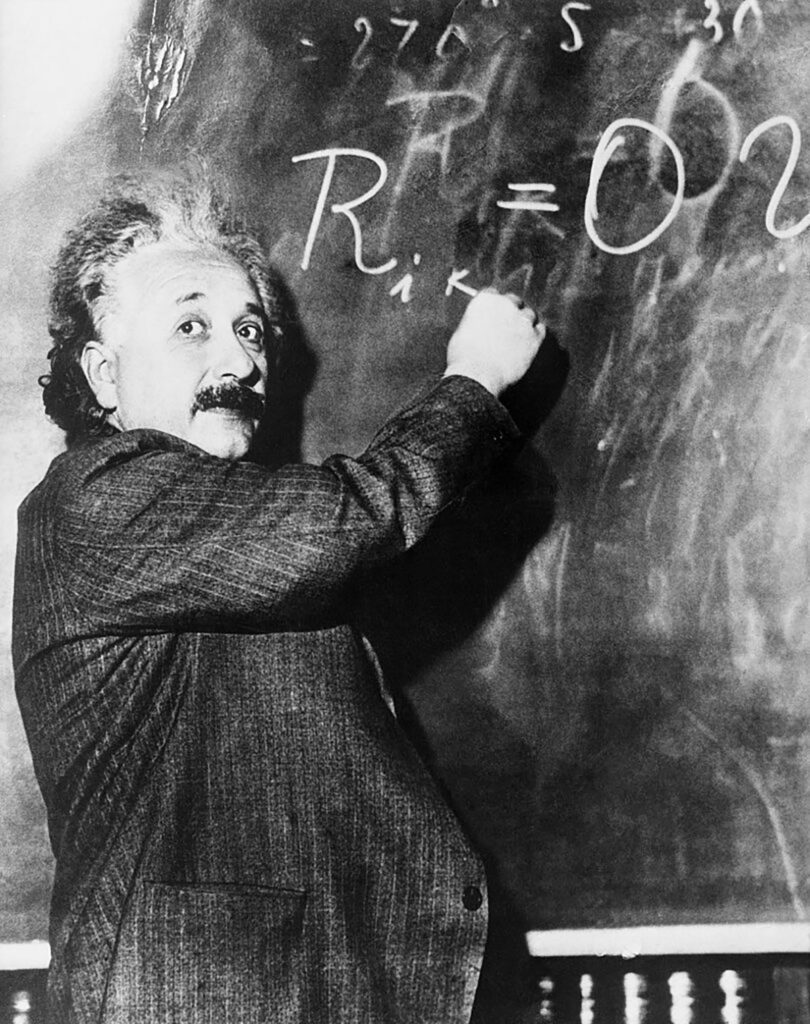
In an early scene in the film, the character portraying Paul Weyland claims that Einstein’s theory of relativity is a hoax, accusing the scientist of plagiarism and seeking publicity.
In reality, Einstein was present at a venue typically used by the Berlin Philharmonic Orchestra, where another speaker also criticized him.
The film accurately portrays Einstein’s response to the accusations in a newspaper. He dismissed the critics as “unworthy of reply by my pen,” adding that if he were a German nationalist, “with or without a swastika,” rather than a Jew,” his science would not have been attacked.
Einstein regretted his letter to President Roosevelt that led to the atomic bomb.
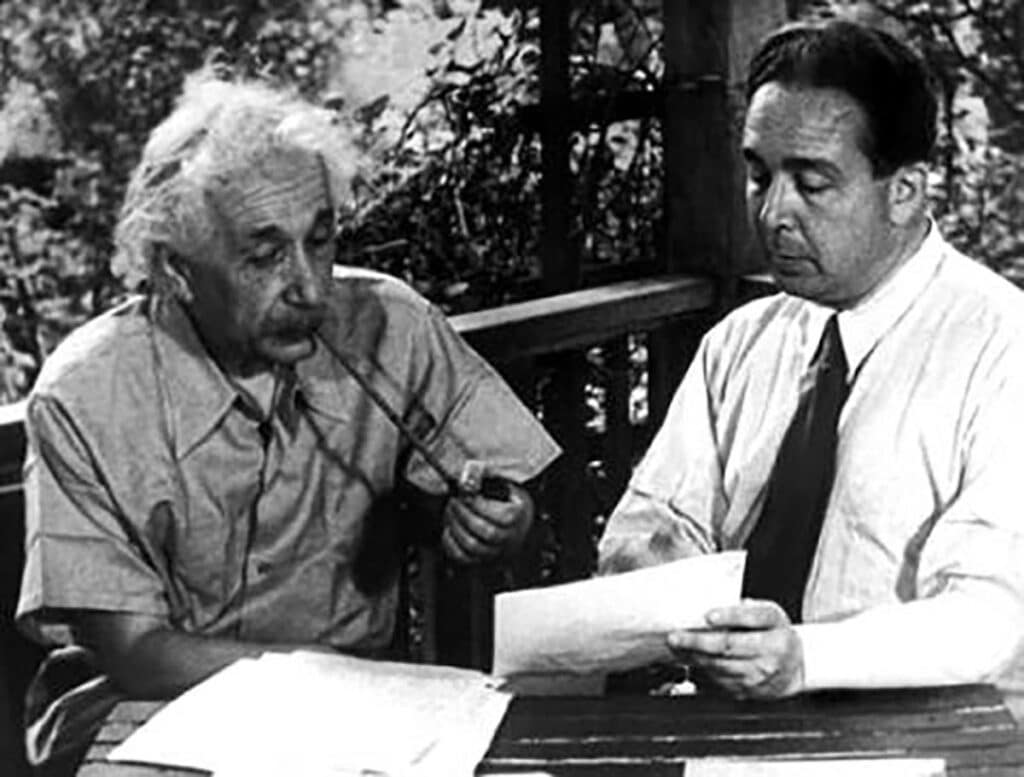
Albert Einstein did not participate in the creation of the nuclear bomb dropped on Hiroshima and Nagasaki in 1945. However, he sent a crucial letter to U.S. President Franklin Delano Roosevelt regarding Germany’s nuclear bomb plans.
Historians regard Einstein’s letter as pivotal in initiating the development of atomic weapons in America, with some arguing that it was crucial in conveying the urgency of the situation.
Einstein later expressed regret over signing the letter, saying it was his “one mistake.” In the film, Einstein’s character says, “Had I known that the Germans would not succeed in developing an atomic bomb, I would not have taken part in opening that Pandora’s box.”
But Einstein could not have known at the time what the Germans had discovered. When Germany announced in 1939 that it had split the atom, creating fission by bombarding uranium with neutrons, it was unclear when exactly Otto Hahn and Fritz Strassmann had made this discovery or what else they had found.
But it signaled to the world that a nuclear bomb could likely be built, and the first country to develop it could become the world’s superpower.
It’s possible that the U.S. nuclear bomb would have been developed even without Einstein’s letter, but his stark warning that Germany could be working on a bomb likely expedited the process.
Biographer Walter Isaacson notes that fellow Jewish scientist Leo Szilard drafted two letters in collaboration with Einstein, allowing him to choose which one to send. Einstein signed the chosen letter, which was hand-delivered by Alexander Sachs.
The film also suggests that had America demonstrated the successful Trinity test to other nations, dropping the bomb on Japan might have been avoidable.
Einstein was excluded from the Manhattan Project.
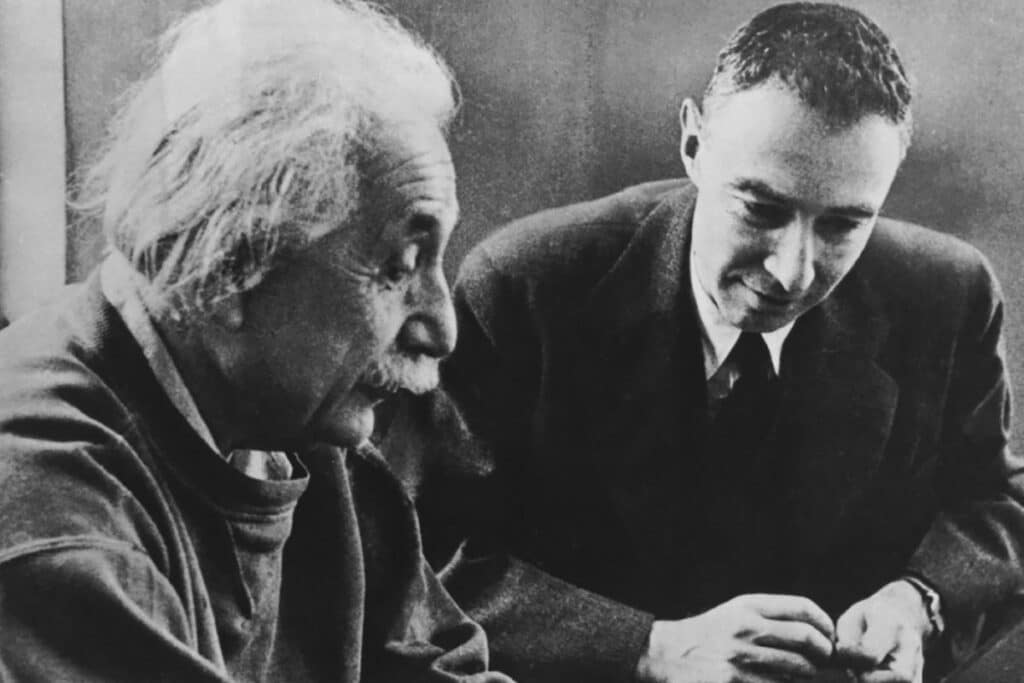
Einstein was not directly involved in the Manhattan Project led by Jewish physicist J. Robert Oppenheimer, which was responsible for developing the atomic bomb. The film explains that his inclusion would have posed a security risk due to his pacifist beliefs.
In the film, Einstein acknowledges that organized force was necessary to counter Hitler and the Nazis, declaring, “There is no other way” in a departure from his pacifist stance.
There are rumors that he provided some equations and possibly other advice to scientists working on the project. Would Einstein have fully taken part if asked? We’ll never know. In this scene from the Amazon Prime series “Genius,” we hear that Einstein would not have been trusted to join the Manhattan Project:
Einstein spoke out against the Nazis at Royal Albert Hall.
Yes. The film depicts and includes archival footage of Einstein’s 1933 speech at Royal Albert Hall in England. At the time, some argued that his speaking out against Germany would make things worse for the Jews there.
However, Einstein felt compelled to speak out, emphasizing that freedoms were crucial for discovery and that without them, there would have been no Shakespeare.
He did not mention Hitler by name in his speech, instead referring to “the powers that threaten to suppress intellectual and individual freedom.”
Einstein sought refuge from the Nazis in a wooden hut in England.
Yes. Einstein fled Germany to ensure his safety, especially after the assassination of Germany’s Jewish foreign minister Walther Rathenau in 1922. In later years, Einstein saw conditions in Germany getting worse and his concerns grew.
The film mentioned but did not depict Rathenau’s assassination, nor did it show German forces seizing Einstein’s funds and raiding his summer home. Einstein fled to Belgium and then England, where he did reside in a wooden shack in Norfolk with armed guards to protect him against potential Nazi assassination attempts.
The film also explores Einstein’s move to America and his time at Princeton University. Although he had an office at Princeton, he did not formally teach any classes. In the film, Einstein expresses guilt over living in such a beautiful place while such atrocities were being committed against his Jewish brothers and sisters in Germany.
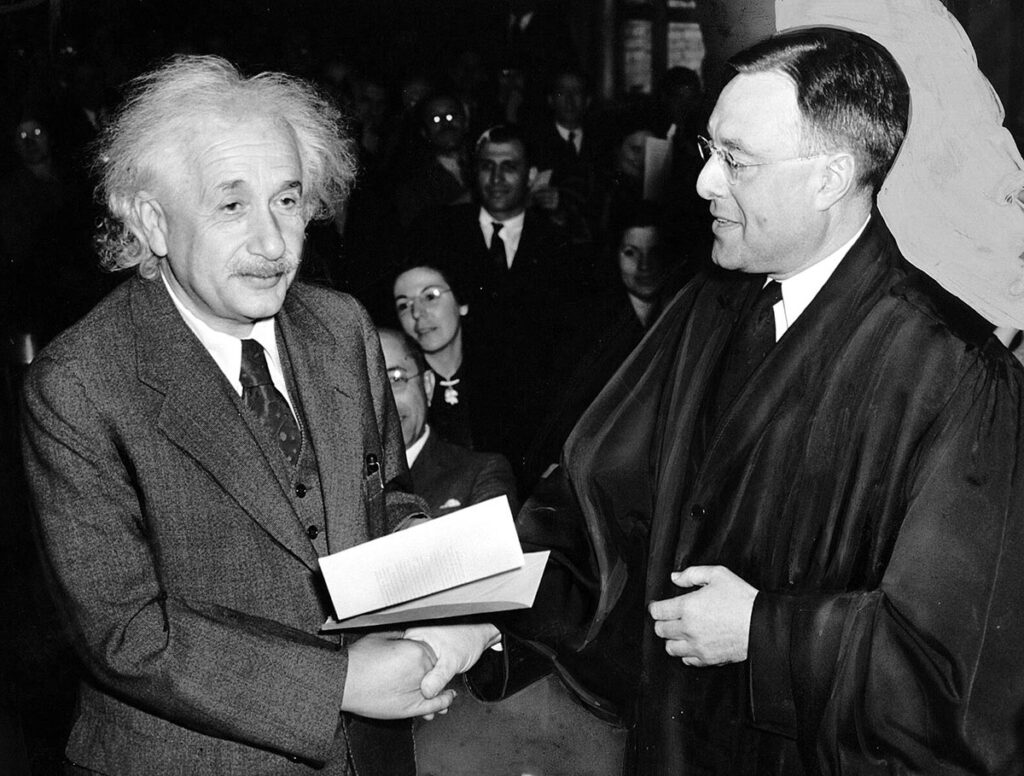
Einstein criticized Germans for being bystanders during World War II.
The film’s most harrowing scene is a brief moment where there is actual footage of the bones of Jews who were murdered at Buchenwald.
When the Allies liberated the death camps, they were stunned to discover these remains, as well as the survivors who were so emaciated they resembled skeletons. The film also shows Einstein assigning blame to the German people for their inaction, as Hitler had made his “shameful intentions clear beyond the possibility of misunderstanding.”
Einstein expressed pride in his Jewish identity.
The son of secular Jewish parents, for a brief stint as a child, Einstein kept kosher and the Sabbath but quickly gave it up and did not have a bar mitzvah. The film notes that Einstein would write he had no religious affiliation on applications and official documents. However, he expressed pride in being part of the Jewish people, even though he was not a person of faith.
Einstein was right and wrong about Hitler.
Einstein correctly assessed the danger of Hitler but underestimated the duration of his rise to prominence, thinking it would not last.
The film includes a segment where a newsman reports Einstein’s assessment of Hitler: “He is living on the empty stomach of Germany. As soon as economic conditions improve, he will cease to be important.”
While Germans credited Hitler for the improved economy, it was indeed the terrible economic conditions that initially facilitated his rise to power.
Einstein was in California when Hitler officially took power. In a letter to a friend, he wrote: “Because of Hitler, I don’t dare step on German soil.”
Einstein made a statement that would later turn out to be prophetic: “If and when war comes, Hitler will realize the harm he has done Germany by driving out the Jewish scientists.”
Does actor Aidan McArdle convincingly portray Einstein?
The actor has two strikes going against him in his portrayal. The first is that the inclusion of archival footage in the film provides a direct comparison, showing us what Einstein really looked and sounded like, so the discrepancies with McArdle’s portrayal are clear.
The second is that in “Oppenheimer” — which is nearly guaranteed to win the Oscar for Best Picture — actor Tom Conti nails the role of Einstein, including his accent.
If you’ve seen “Oppenheimer,” you might find yourself wishing that Conti played Einstein in this film. McArdle’s performance is decent, but you’re always aware it’s an actor in makeup, and he lacks some of the gravitas required for the role.
Is “Einstein and the Bomb” worth watching?
If you’re curious about Einstein, history, and the ethical responsibilities that arise from scientific advancements, this film will be of interest to you. While it may not feature the most dramatic scenes, it’s worth watching to gain insight into the complex history and legacy of Einstein. The film emphasizes that people make decisions based on the information they have, rather than judging actions as right or wrong.
Directed by Anthony Philipson, the film is a bit clunky and uneven, and it might have benefited from either a greater number of historical clips or none at all.
For those curious to learn more, Walter Isaacson’s “Einstein: His Life and Universe” and Benyamin Cohen’s “The Einstein Effect” are excellent resources. The Amazon Prime series “Genius,” starring Geoffrey Rush as Einstein, shows a full picture of the man, despite Rush’s accent not being entirely accurate.
Read more: The real story behind “Oppenheimer”
Originally Published Feb 21, 2024 02:13PM EST
